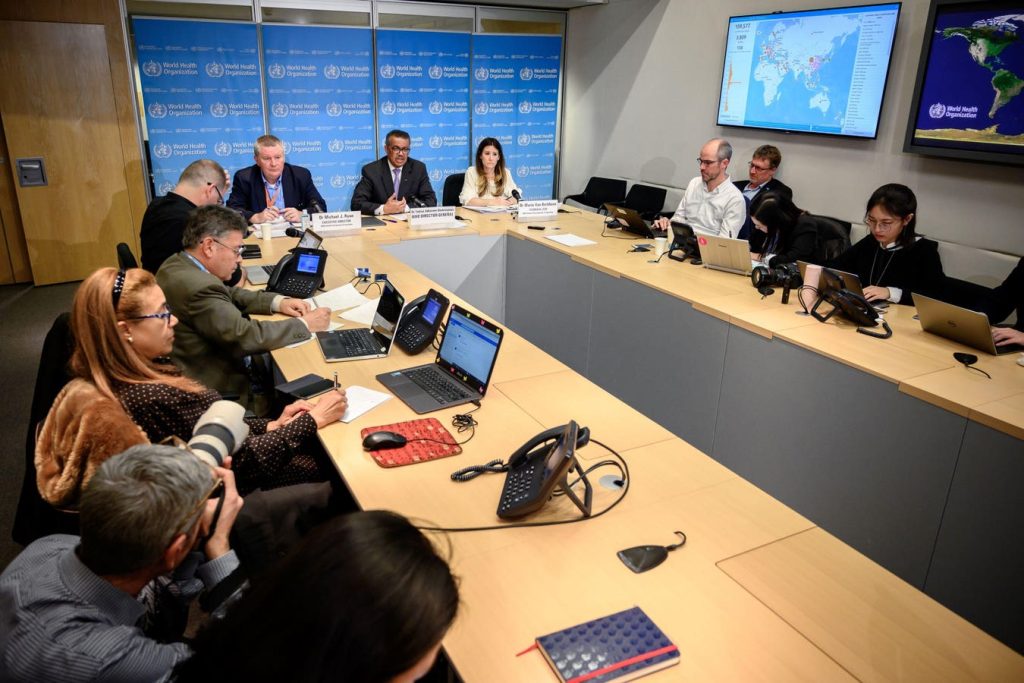The Covid-19 pandemic has highlighted the importance of communication in public health. With the rise of misinformation and anti-science sentiments, scientists, especially those in public health, need to acquire skills in communication and advocacy. This is crucial for engaging the public, media, and policy makers to ensure accurate information is disseminated and policies are informed by good science.
Public health practitioners need to learn how to directly engage the public, interact with the media, write op-eds, give interviews, and speak at public meetings. They should also be able to simplify public health messages, organize campaigns, and use social media effectively. Skills like advocacy and diplomacy play a significant role in influencing both the public and policy makers, and can be taught to public health students to enhance their impact.
In a public health communications course, students are taught to write media releases, op-eds, policy briefs, public health posters, and deliver short speeches. Practical work is emphasized over theory or exams, with grades being based on the students’ ability to effectively communicate their message. Through these practical exercises, students learn to translate research into action and gain valuable skills in advocacy, diplomacy, and dealing with misinformation.
Educators recommend inviting journalists and media experts to teach in public health courses to provide valuable insights and lived experiences. Emphasizing practice over theory allows students to apply their skills in real-world scenarios, engage the public, and increase their impact. Public health students should also be taught advocacy, diplomacy, and ways to tackle misinformation, enabling them to become change-makers in the public health field.
Global health diplomacy and negotiation skills are crucial in advancing public health agendas, as demonstrated during the ongoing pandemic and international policy negotiations. Tackling misinformation and maintaining trust in science are vital for public health professionals to effectively communicate with the public and bridge the know-do gaps in global health. By equipping students with communication, advocacy, and diplomacy skills, public health programs can empower future change-makers in the field.
In conclusion, the complex nature of knowledge translation in public health necessitates the need for public health students to be equipped with communication, advocacy, and diplomacy skills. By engaging the public, dealing with misinformation, and influencing policy decisions, public health professionals can bridge the gaps between knowledge and action. Teaching practical skills and inviting experts in journalism, advocacy, and diplomacy can prepare students for the challenges they will face in the real world of public health.


